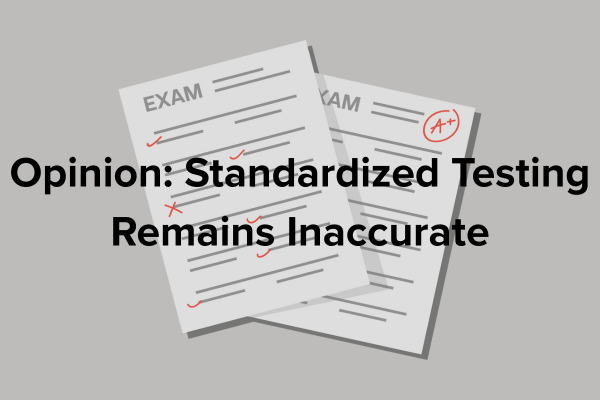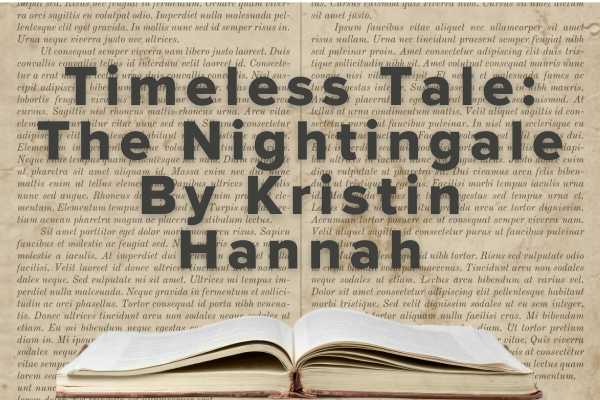
Almost every student at Legacy has an iPad. The iPads are used for all sorts of classroom functions, from Kahoot! to independent research. They are great for what they are, integrating technology into the classroom so students are better prepared for a more technological world. However, iPads are sorely lacking in one specific area: Online textbooks.
For the most part, students don’t even use online textbooks. Some teachers employ them, but it seems a lot of teachers have just given up. These books can be incredibly frustrating to use. Now, most of these problems aren’t with the iPads or the teachers, they are with aggravating third party software from the textbook companies. Some textbooks work, and they do their job. But others, for lack of a better word, are broken.
ePearson Reader is probably the most frustrating app to work with. Physics courses use this app, and the process to actually get the book is absolutely horrendous. It is still unknown of how to actually fix it. First, students must enter long codes that were prone to being mistyped, then after pressing enter, the browser redirects until it crashes. Ask anyone in Physics if they use an online textbook. The answer will probably be no and you’ll find this answer school wide.
The problems aren’t just with roll out, they are also with the apps themselves. Apps have been buggy, slow and irritating to use. They crash as students read, which students already don’t want to do, so it’s no incentive to read when even the app doesn’t want you to use it. There are textbook apps that have pages that literally buffer. Trying to do worksheets and having to wait for a textbook page to load is terrible. It decentivises students from using them. These are just a few of numerous problems students encounter with these apps, and there are surely many others.
There are textbooks that teachers fully employ and students fully use, but here lies the problem, what if they don’t? What happens if the app breaks or the teachers or students don’t like the book or the app and choose not to use it? Do they resort to not using textbooks at all? For most AP students that isn’t an option, because their material resides in those textbooks.
What about college readiness, in which textbooks are a large part of class, and students don’t know how to effectively use them? The problem is they don’t have a backup plan. Teachers can’t just default to a class set, because in one case, the book is 13 years old. There isn’t a contingency plan if the online book doesn’t work, and that needs to be changed. The school can have online textbooks, and maybe some will work, but incase they don’t, there is a class set that students can still use and learn with.
Students and teachers, let administrators know about the problems you have with online textbooks. Then, at the very least, we can have a backup plan, such as updated class sets. The most important goal is that if an online textbook is broken, students can still learn.















